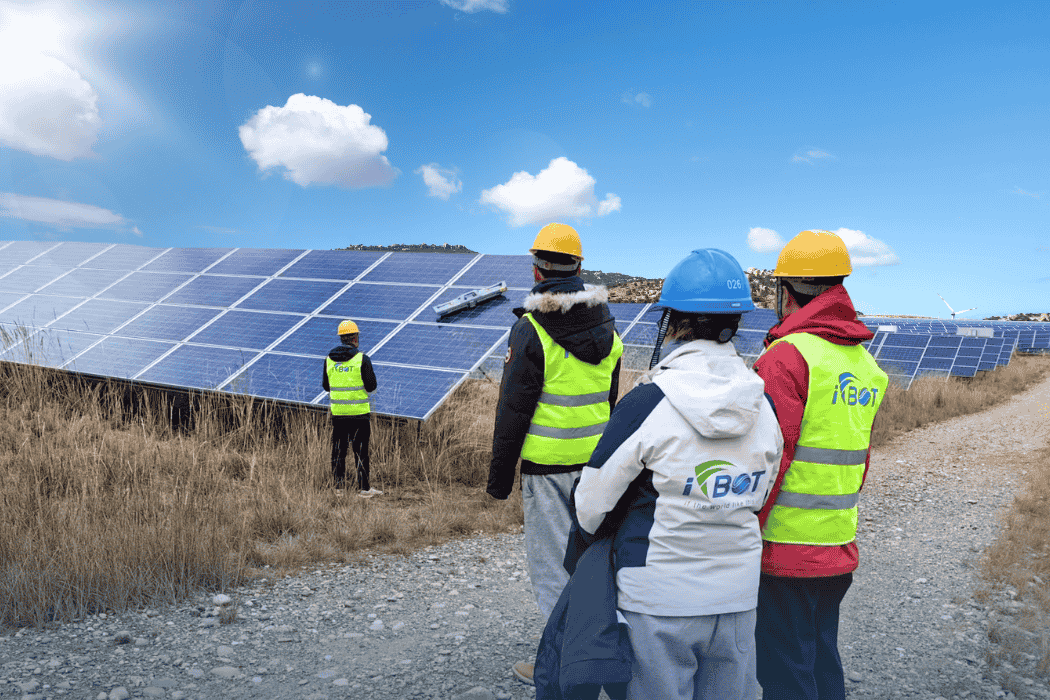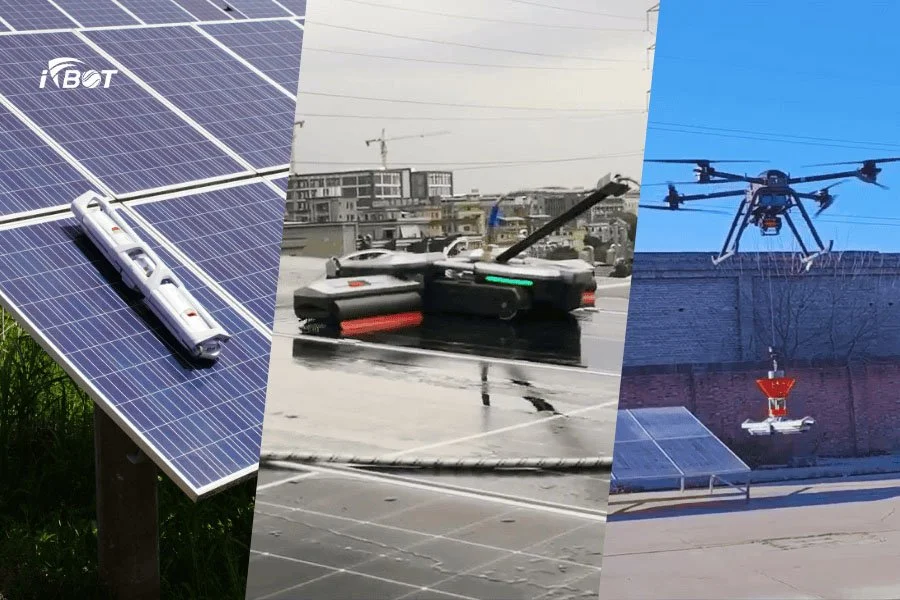The Impact of Solar Panel Cleaning on Energy Output
Solar panels are designed to harness the sun’s energy efficiently, but dirt, dust, bird droppings, and environmental pollutants can reduce their performance dramatically. Studies show that dirty panels can lose up to 25% of energy output, and in dusty environments, losses may reach 35–40%. This makes regular solar panel cleaning an essential part of solar panel maintenance—not just for looks but for performance, efficiency, and long-term cost savings.
Why Solar Panel Cleaning Matters
When panels are dirty, sunlight is blocked or scattered, preventing cells from generating electricity at full capacity. This is called the soiling effect. According to the National Renewable Energy Laboratory (NREL), soiling can account for billions of dollars in lost solar revenue globally each year.
Clean Panels = More Power
A 5%–10% drop in efficiency might not sound like much, but for a large solar farm, it translates into thousands of dollars in lost energy revenue annually.Impact on ROI
The payback period of solar installations relies on consistent performance. Regular cleaning ensures owners achieve the expected return on investment without unexpected efficiency losses.
How Often Should You Clean Solar Panels?
The frequency depends on location and conditions:
Urban environments – every 6–8 weeks due to pollution.
Agricultural or industrial sites – monthly cleaning is recommended because of dust and residue.
Desert or dry regions – weekly or bi-weekly cleaning may be necessary due to sand accumulation.
Regular inspections can help determine the best schedule.
Safe and Effective Cleaning Methods
Manual Cleaning
Uses brushes, water, and detergents.
Labor-intensive, water-wasteful, and risky for workers.
Automated Cleaning Solutions
Robotic cleaning systems like IFBOT X3 (dry cleaning) and IFBOT M20 (water-assisted cleaning) use advanced brushes and sensors to clean panels effectively without damage.
Autonomous robots work day or night, maintain consistent cleaning quality, and drastically reduce labor costs.
Drone-Integrated Systems
IFBOT UAV deploys cleaning robots via drone, an ideal solution for large-scale solar farms in remote or difficult terrains.
Environmental Benefits of Robotic Cleaning
Water is a precious resource. Traditional wet cleaning methods consume thousands of liters per cleaning session for large farms. IFBOT’s waterless X3 and water-efficient M20 significantly cut down water use, supporting sustainable energy practices.
Case Example: Boosting Output
A 20 MW solar farm that adopted robotic cleaning reported a 15% increase in energy generation after regular automated cleaning was introduced. Over the course of a year, this improvement translated into significant revenue gains and faster ROI.
Efficiency Through Clean Panels
Regular cleaning directly impacts solar panel efficiency, energy output, and ROI. Automated solutions like the IFBOT X3, M20, and UAV system provide cost-effective, sustainable, and safe cleaning methods—ensuring maximum performance across all solar installations.
👉 Want to optimize your solar panels? Contact IFBOT to explore the best cleaning solutions for your needs.


